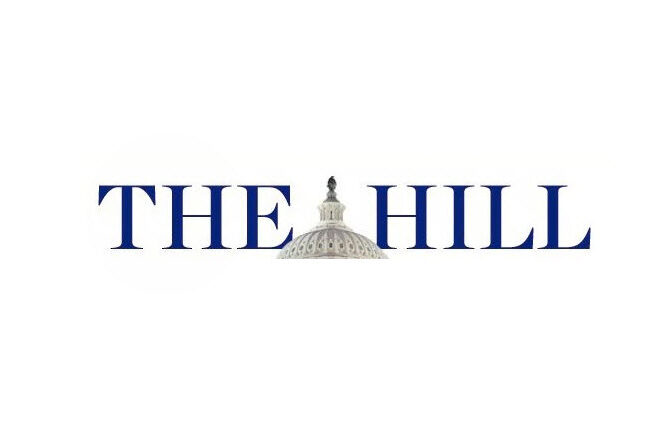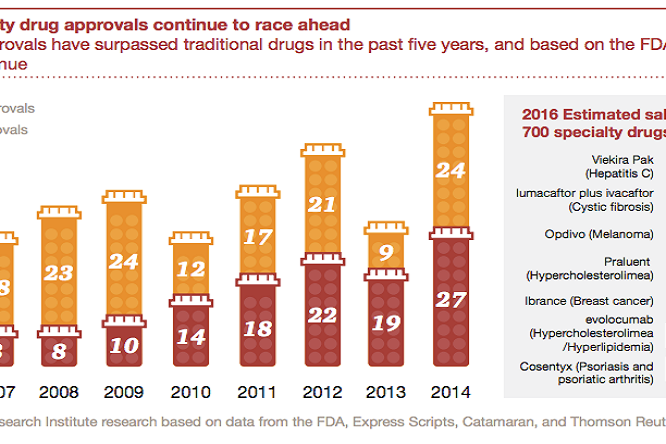New effective medicines are of no use if they are unaffordable
The pharmaceutical industry have, in recent years, focused on development of so-called specialty drugs and have priced them aggressively. These prices, such as the US$1,000 per pill price for the hepatitis C drug sofosbuvir, are alarming for patients, employers, insurers, and governments. Read More










